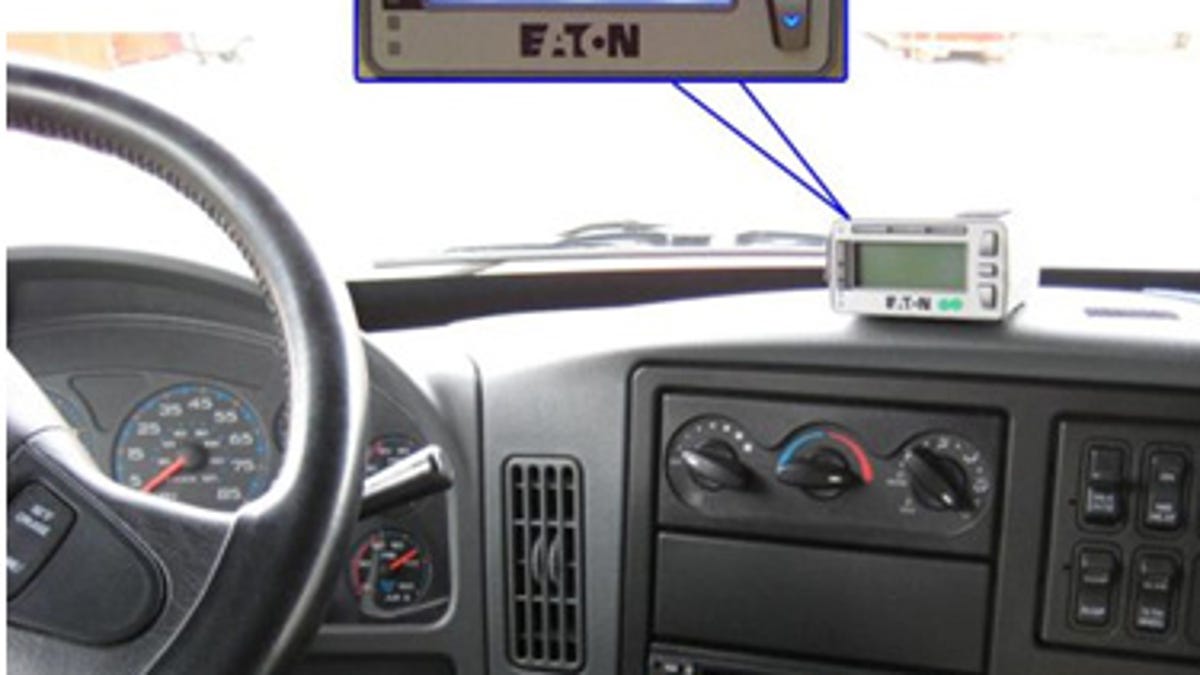Six cities selected for government V2V tech trials
The U.S. Department of Transportation will begin testing driver acceptance of vehicle-to-vehicle safety technology in Brooklyn, Mich.

Beginning in August, the Department of Transportation will be running clinics to test driver acceptance of new vehicle-to-vehicle (V2V) technologies. The first clinic will be held in Brooklyn, Mich., with 100 drivers and 24 cars.
The following five clinics will be held in Minneapolis, Orlando, Fla., Blacksburg, Va., Dallas, and San Francisco. The DOT chose areas with a variety of conditions, from dense urban traffic to rural roads.
The cars in the trial will be equipped with Dedicated Short Range Communications (DSRC) devices and GPS, with which they can communicate their status to the other cars in the trial. For example, if a car breaks down on the road, it communicates that status to other cars, which will then notify their drivers.
The DOT says the technology could prevent or mitigate 81 percent of crashes.
With the clinics, the DOT is testing the drivers, and not the technology. The government agency is interested in how people will respond to their cars issuing safety alerts based on the technology.
Next year, the DOT intends to equip thousands of cars with V2V technology to see how it performs in real world settings. Depending on the results of the clinics and the 2012 trials, the DOT may issue rules for deployment of the technology in 2013.

